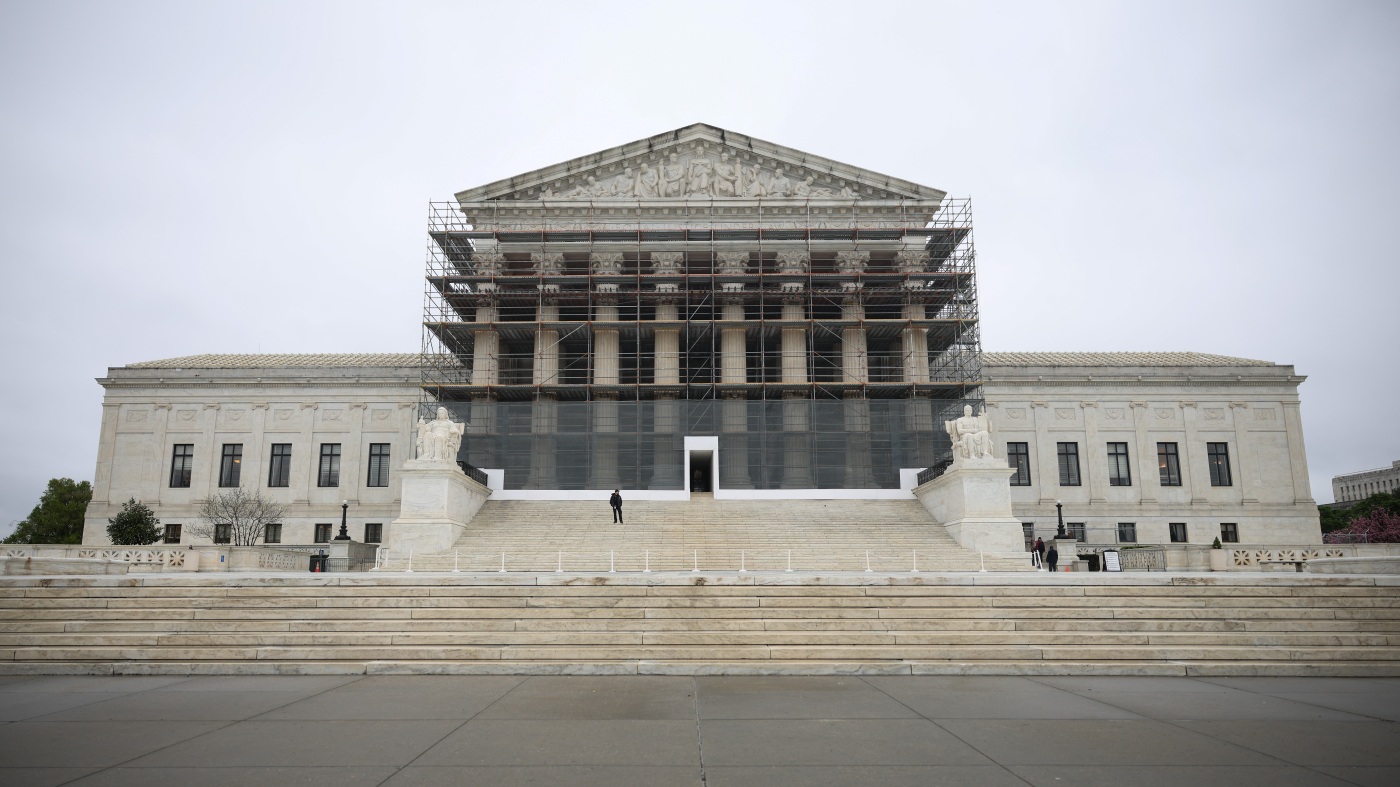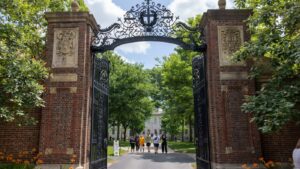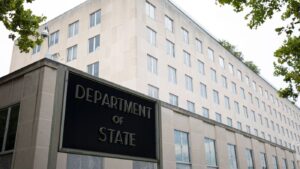Supreme Court Considers Parental Rights in Public School Curriculum
In a pivotal case concerning educational content, the U.S. Supreme Court appears inclined to side with parents who wish to withdraw their children from certain public school classes on religious grounds. The case, which has drawn national attention, centers around the Montgomery County School System in Maryland, known for its religious diversity and inclusive curriculum.
Montgomery County, home to 160,000 students from diverse faith backgrounds, has introduced a curriculum aimed at fostering respect for LGBTQ+ individuals. This curriculum includes storybooks featuring gay and lesbian characters, a move that has sparked objections from some parents. These parents sought to have their children excluded from classes incorporating such content, citing conflicts with their religious beliefs.
Initially, the school attempted an opt-out plan, but logistical challenges soon made it unfeasible. As a result, the parents took legal action, arguing that the curriculum infringes upon their constitutional right to freely practice their religion. Although the school board prevailed in lower courts, the Supreme Court’s conservative justices appeared unsympathetic to the board during recent deliberations.
Eric Baxter, representing the religious parents, faced tough questioning from the court’s liberal justices. Justice Sonia Sotomayor specifically scrutinized a book titled Uncle Bobby’s Wedding, inquiring whether the mere exposure to same-sex marriage constitutes coercion. Baxter affirmed this position, prompting Justice Samuel Alito to note the book’s moral message, which he said conflicts with traditional religious beliefs.
Justice Elena Kagan pressed Baxter on the broader implications of allowing opt-outs, questioning whether this could extend to subjects like evolution in biology classes. Baxter hesitated to define clear boundaries, prompting further inquiries from Justice Amy Coney Barrett about the extent of burdens imposed on religious parents.
Meanwhile, lawyer Alan Schoenfeld, representing the school board, faced intense questioning from conservative justices, including Brett Kavanaugh and Neil Gorsuch. Justice Kavanaugh, with personal ties to Montgomery County, challenged Schoenfeld on the feasibility of opt-outs. Schoenfeld explained that elementary classrooms differ from specialized health classes, making selective content exclusion impractical.
Justice Alito expressed dissatisfaction, implying that the school board’s stance was dismissive of parental concerns. Schoenfeld countered by emphasizing the democratic and transparent nature of the curriculum adoption process.
The Supreme Court’s decision, expected by summer, could have significant implications for educational policies across the nation.






